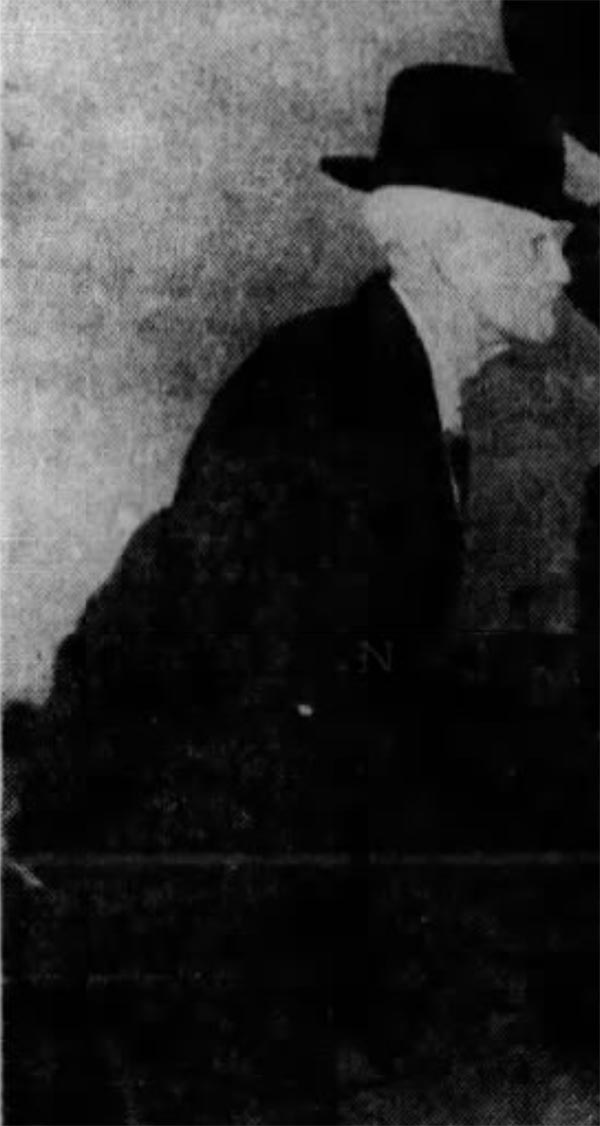Frank Lafayette Anders (November 10, 1875 - January 20, 1966) was an American Army veteran, Medal of Honor recipient, and civil engineer. Born at Fort Abraham Lincoln in the Dakota Territory, Anders' father was a member of Company G, 17th U.S. Infantry, and served under Colonel George Armstrong Custer. As an infant, Anders witnessed Custer lead the 7th Cavalry out of Fort Lincoln to the Battle of Little Bighorn. At some point in 1876 or 1877 the Anders family moved to Fargo after his father was discharged from the Army. His father died when he was 15 from wounds suffered during the American Civil War. At that point Anders left school (with a 7th grade education) and found a job working for the Northern Pacific Railway as a call boy. He enlisted in Company B of the 1st Regiment of the North Dakota National Guard in December 1894 and was in his second enlistment when his unit was sent to the Philippines during the Spanish-American War. Once in the Philippines he was assigned to Young's Scouts, a hand picked unit of soldiers known for their marksmanship. He was awarded the Medal of Honor for actions on May 13, 1899, during the Philippine American War, at a bridge near San Miguel. He and ten of his fellow scouts attacked a fortified trench manned by at least 300 enemy combatants and routed them. In September 1899 Anders returned to the U.S. and was discharged from the Army. After two years working for mining companies around Salt Lake City, Utah, Anders realized that he needed a college education to progress in his chosen profession. In 1902 he enrolled in Ripon College in Ripon, Wisconsin, and graduated head of his class in 1906. Then he attended the University of Wisconsin for a year in its civil engineering program before finding a job with a copper company in Utah. In 1909 he returned to Fargo where he worked as a civil engineer and soon became City Engineer, a position he held until 1919. He was commissioned a captain in the Engineering Corps in 1918 and served at Camp Dodge (where he wrote the history of the camp) and Camp Funston, where he also conducted historical work and oversaw the hospital facilities, then the largest in the United States. He was discharged in 1919 and returned to Fargo, where he spent most of the rest of his life. Anders' son, Lieutenant Colonel Franklin O. Anders, also served in the U.S. Army. He fought in the Philippines during World War II and was a survivor of the Bataan Death March. Both Anders returned to the Philippines in 1961 and spent three months there.


